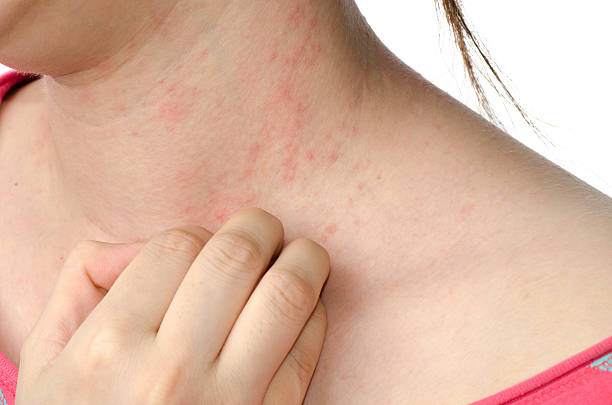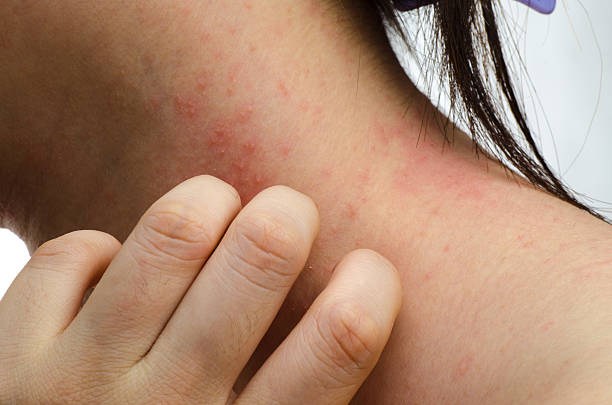Polycythemia Vera (PV) is a type of blood cancer that affects the production of red blood cells. It is a chronic condition that can cause a range of symptoms and increase the risk of serious health problems. In this article, we will discuss the symptoms of PV and the available treatment options.
Symptoms of Polycythemia Vera
The symptoms of PV can develop gradually over time and may not be noticeable at first. However, as the condition progresses, the following symptoms may become more noticeable:
Fatigue and weakness: People with PV may feel tired or weak due to the increased number of red blood cells in the body.
Headaches: Headaches are a common symptom of PV and can be due to increased blood flow to the head.
Dizziness and lightheadedness: PV can cause a decrease in blood flow to the brain, leading to dizziness and lightheadedness.
Shortness of breath: The increased number of red blood cells can make it harder for the blood to circulate properly, leading to shortness of breath.
Itching: Itching is a common symptom of PV and can be due to increased blood flow to the skin.
Pain in the joints: Pain in the joints is another symptom of PV and can be due to the increased number of red blood cells in the affected area.
Enlarged spleen: The spleen may enlarge as a result of PV, leading to discomfort or pain in the abdomen.
Increased risk of blood clots: People with PV have an increased risk of developing blood clots, which can be life-threatening.
Treatment for Polycythemia Vera
There is no cure for PV, but there are several treatment options available to manage the symptoms and reduce the risk of serious health problems. The following are the most common treatments for PV:
Phlebotomy: Phlebotomy is a procedure in which blood is removed from the body to reduce the number of red blood cells. This can help to relieve symptoms such as fatigue and headaches.
Hydroxyurea: Hydroxyurea is a medication that helps to reduce the production of red blood cells and can help to relieve symptoms of PV.
Interferon: Interferon is a medication that helps to regulate the production of red blood cells and can help to relieve symptoms of PV.
Ruxolitinib: Ruxolitinib is a medication that helps to regulate the production of red blood cells and can help to relieve symptoms of PV.
Chemotherapy: Chemotherapy is a treatment that uses drugs to kill cancer cells. In the case of PV, chemotherapy can help to reduce the number of red blood cells and relieve symptoms.
Radiation therapy: Radiation therapy uses high-energy radiation to kill cancer cells. In the case of PV, radiation therapy can help to reduce the number of red blood cells and relieve symptoms.
Conclusion
Polycythemia Vera (PV) is a type of blood cancer that affects the production of red blood cells. The symptoms of PV can range from fatigue and weakness to headaches and shortness of breath. There is no cure for PV, but there are several treatment options available to manage the symptoms and reduce the risk of serious health problems. These treatments include phlebotomy, hydroxyurea, interferon, ruxolitinib, chemotherapy, and radiation therapy. If you are experiencing symptoms of PV, it is important to speak with your doctor to determine the best course of treatment for your individual needs.

 Home
Home Health
Health Diet & Nutrition
Diet & Nutrition Living Well
Living Well More
More












